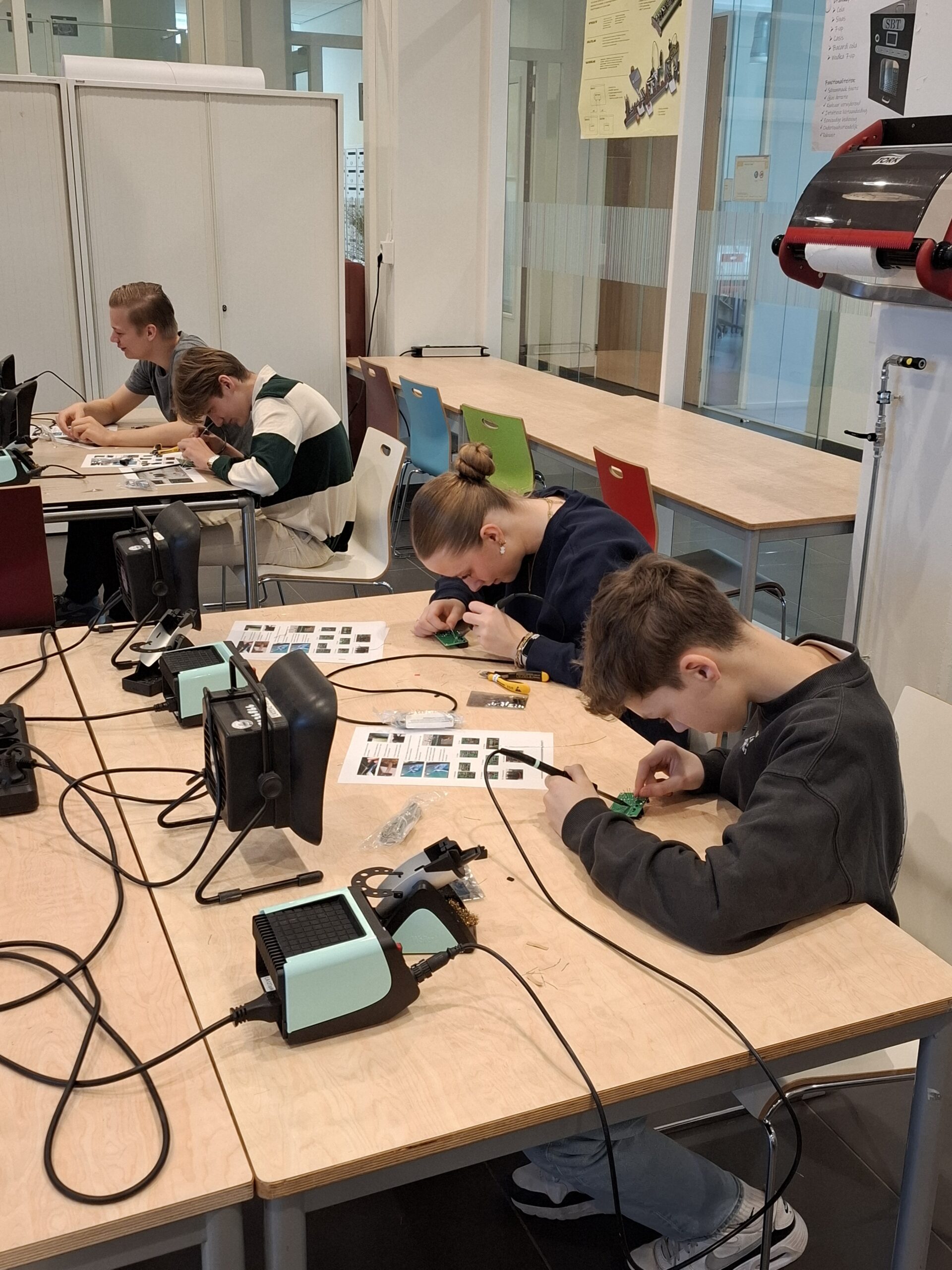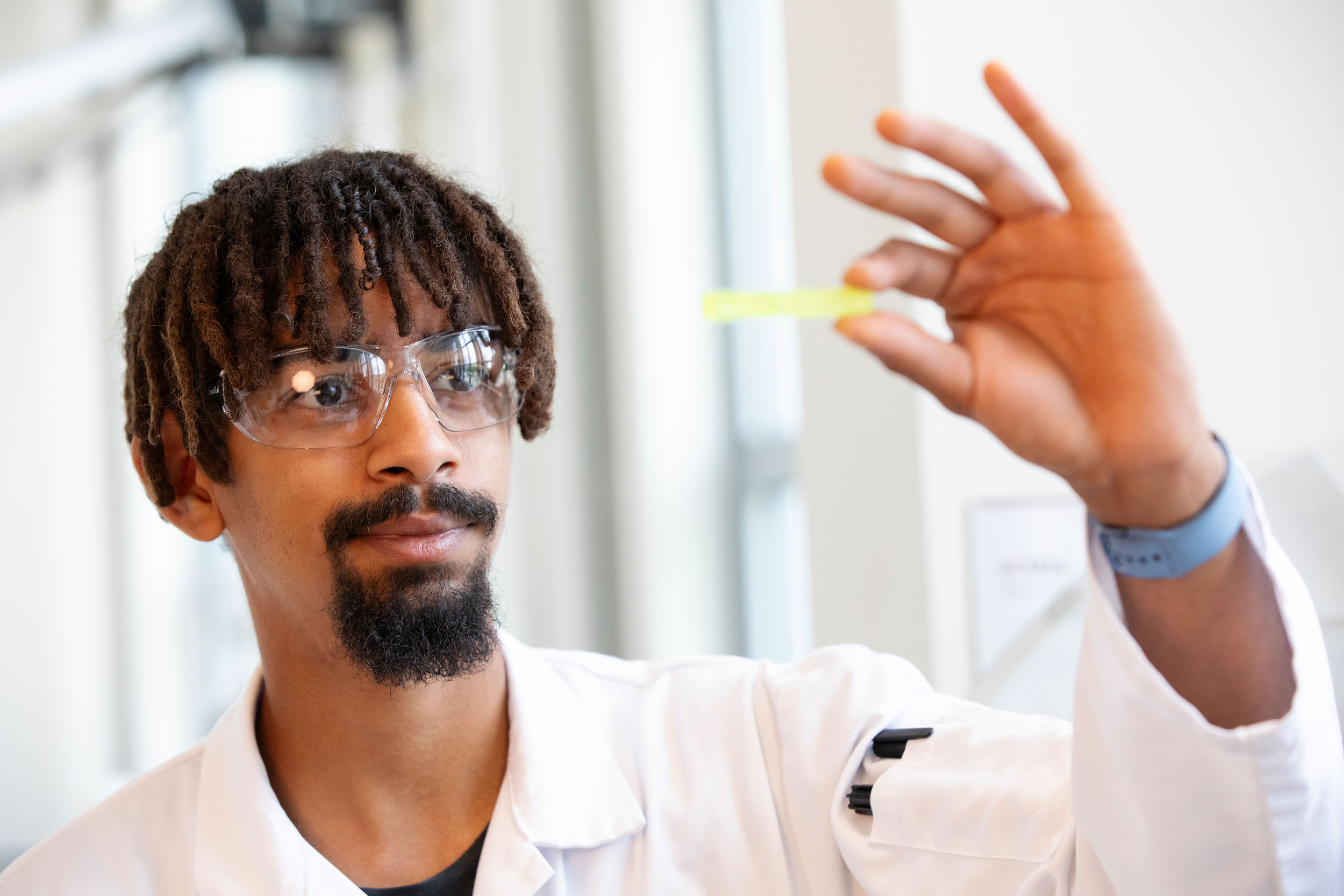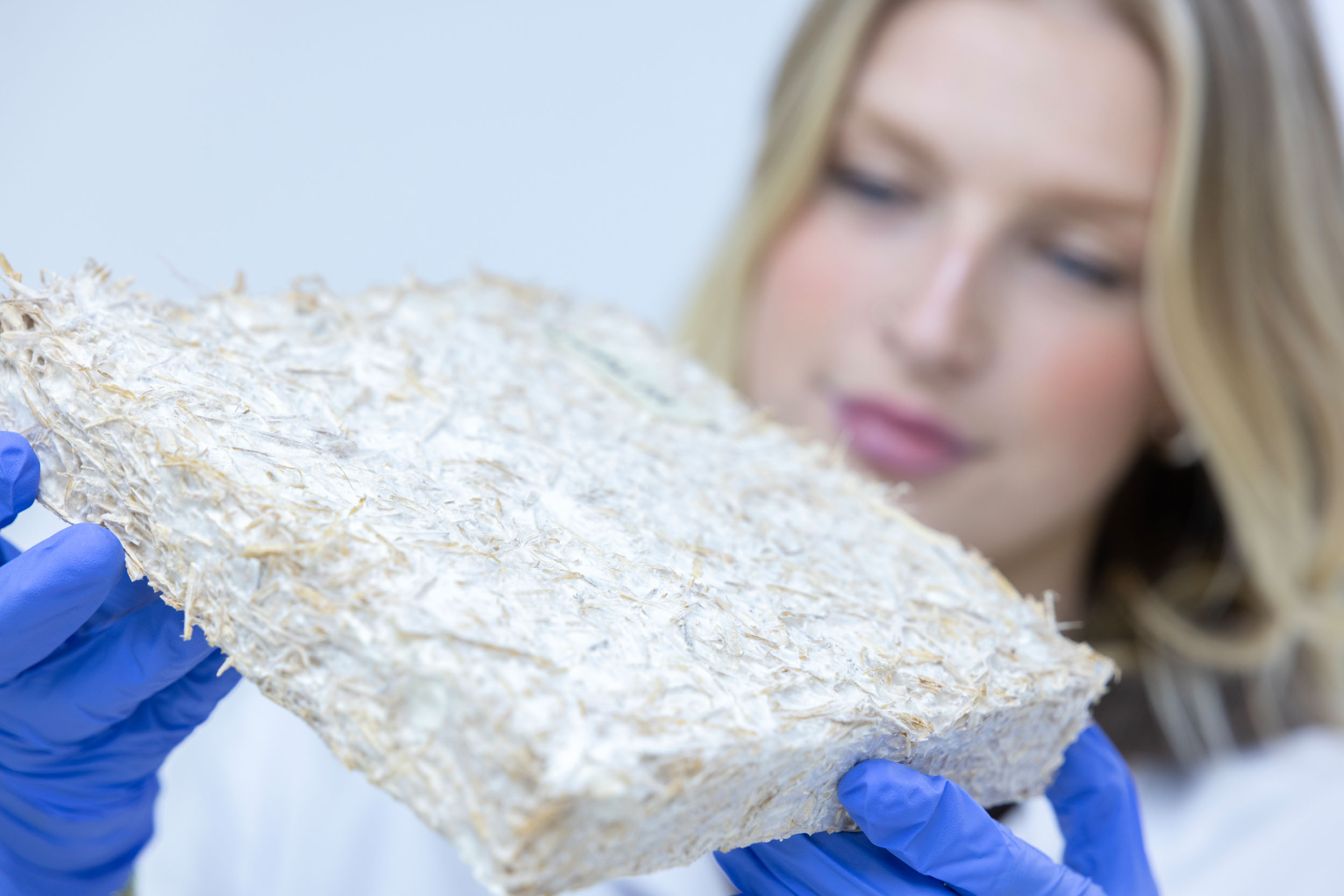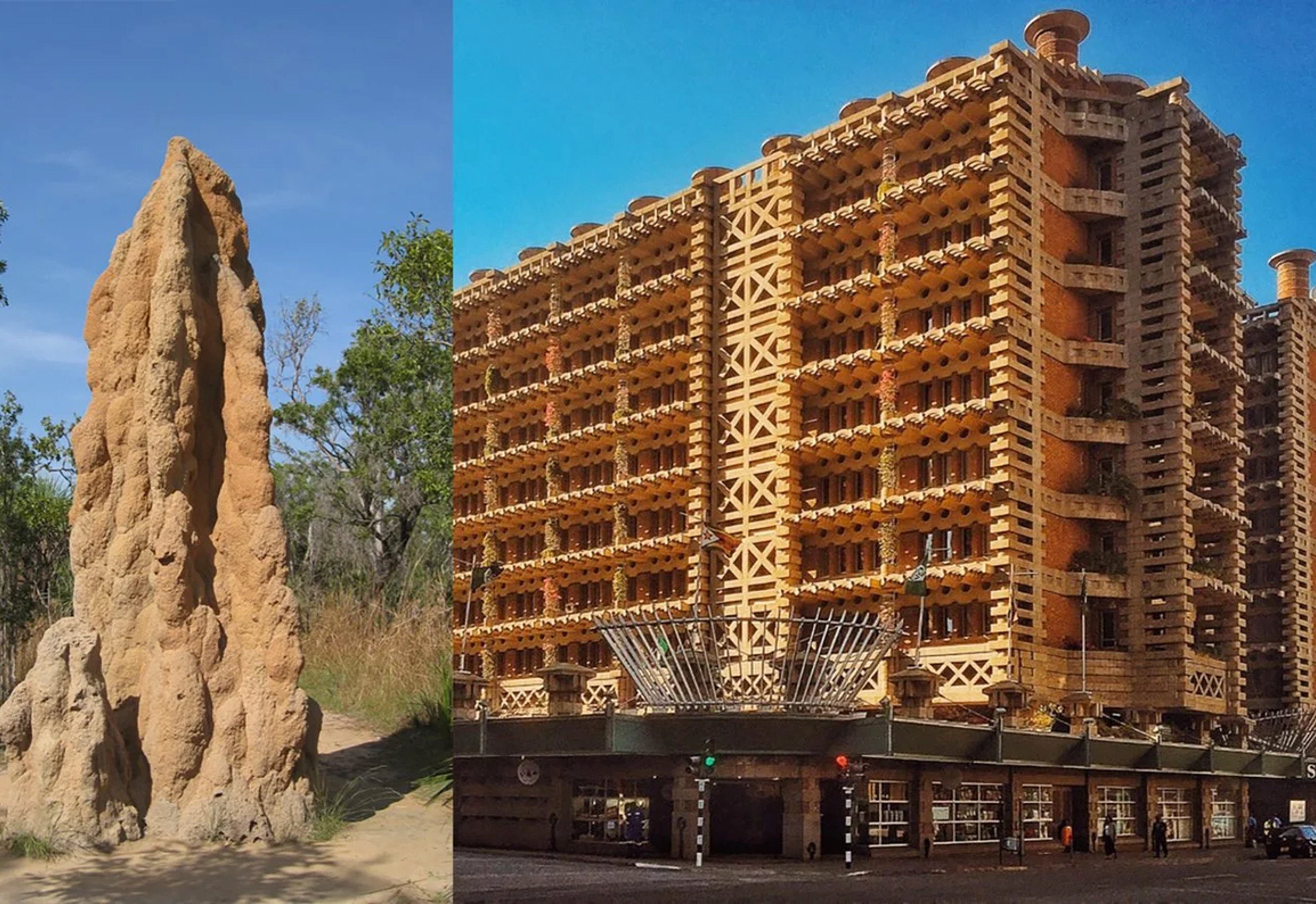From idea to practice
Jeroen van Gerwen taught physics at the Dongemond College and has now been working as a lecturer at Avans University of Applied Sciences for several years. Although he knows both worlds well, he still often sees a gap in practice between senior general secondary/pre-university education (HAVO/VWO) and higher professional education (HBO). This difference is visible both in collaborations and in the contrast between the abstract theoretical education at HAVO/VWO on the one hand and the practical, applied assignments at HBO on the other. “There is a major shortage of technical students, while the demand only continues to grow,” Jeroen explains. “That’s why I want to contribute to getting young people enthusiastic about (energy) technology and letting them work with it in a hands-on way.”
One of the goals of the Energy(k) Education project is to inspire more young people to pursue technology. From this project came the idea to collaborate more closely with technasiums. Students in these programs already have a technical mindset, and with practical workshops you can show them in an accessible way how versatile and fun technology is. “Recently, I gave a guest lecture at Dongemond College about STEM subjects, showing why mathematics, physics and chemistry are so important and how you can apply these subjects in the future,” he continues. “A logical next step was this soldering workshop, in which students assemble a printed circuit board of a smart meter for their own meter cupboard at home.”
According to Jeroen, these workshops are invaluable. “The focus is really on the practical application of technology. Young people not only get a glimpse into the world of technology, they also work on something that immediately delivers visible results, they investigate things themselves and they get to know higher professional education in a fun and engaging way. A win-win for everyone!”
Exploring on their own
Before the workshop, the students worked on a take-home assignment: they investigated how much gas and electricity their own household uses. They examined their consumption levels, what type of energy contract their parents have, and which devices consume the most energy. This links perfectly to their personal situation and increases awareness of energy consumption. It also leads to interesting conversations at the dinner table with their parents. Extra important in this time where grid congestion—the issue of the electricity grid having to transport more power than it can handle—is a hot topic.
What happens behind the soldering iron?
The workshop starts with a short explanation about soldering: connecting metals with soldering tin and a hot soldering iron. It requires precision and attention to detail. Then the real work begins: soldering the kit for the Smart Meter. This kit contains a compact circuit board with electronic components and a small microcomputer with accompanying software. This software retrieves information from the smart energy meter in the meter cupboard. A smart meter tracks your energy use and sends it to the energy supplier. The students really enjoyed the soldering, especially because they create something tangible and see direct results. It makes technology suddenly very concrete!
After the workshop, the students take their self-made kit home, including a manual for mounting, connecting, and linking it to the smart meter. Through the Grafana website they can track their own consumption data in real time. This gives them insight into when energy use is highest in their home. This way, they can help their parents save energy—for example by using certain appliances less often, at smarter moments, or when electricity is cheaper. And let’s be honest, there’s nothing more fun than giving your parents new insights!
Technasiums, let’s collaborate!
Jeroen says, “It would be great if we could further develop this workshop in the future and realise more collaborations with technasiums. I even have ideas for creating a continuous practical learning pathway, where technasiums purchase the energy meters, and we provide the expertise, guidance and labs. Together we ensure that students actively engage with technology. This not only helps them develop technical skills but also strengthens sustainable awareness among young people.”
The Energy(k) Education project is funded within the Interreg Flanders–Netherlands VI programme, the cross-border cooperation programme supported by the European Regional Development Fund. More info at www.grensregio.eu.







